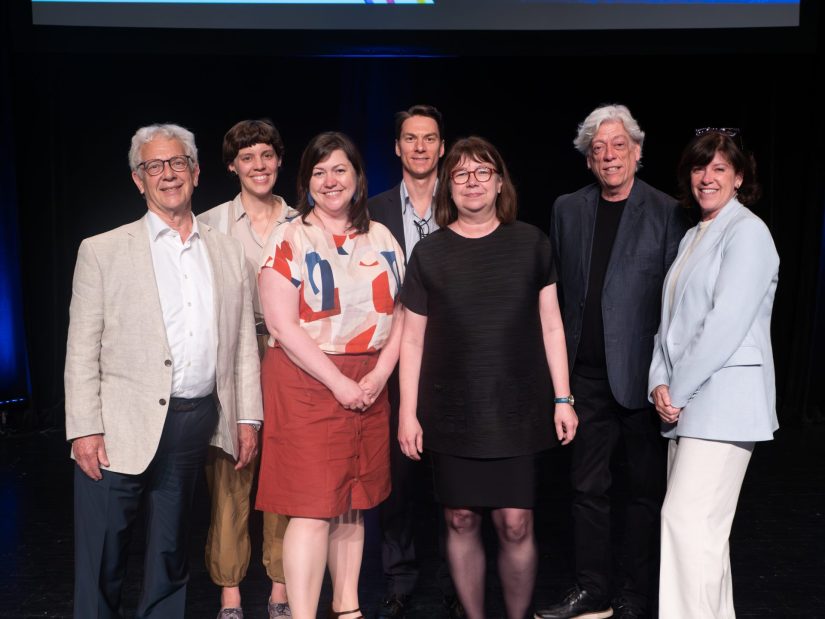
As the first working session of a reflection group made up of 18 international experts began yesterday in Quebec City, with the mandate to produce recommendations for UNESCO on the protection and promotion of the diversity of cultural expressions in the digital environment, the Coalition for the Diversity of Cultural Expressions (CDCE), representing over 350,000 creators and more than 3,000 cultural enterprises in Canada, is proud to deliver its preliminary recommendations. These recommendations stem from a productive day of conferences held on May 27 under the theme “Promoting Our Cultures in the Digital Age”, where speakers from cultural, academic, and legal sectors addressed the 18 experts, senior UNESCO officials, and several ministers from Canada and the government of Quebec.
At the end of this day, the CDCE calls on the experts to consider its recommendations aimed at protecting the cultural sovereignty of states in the digital environment.
“I would like to commend the leadership of Canada and the government of Quebec, who have been the vanguard in the protection and promotion of the diversity of cultural expressions since the very beginning – a position they have just reaffirmed by hosting the first meeting of this experts group. We are proud to have been able to contribute to their work,” said CDCE Co-Chair, Bill Skolnik.
“The 2005 Convention is an international instrument that has the potential to help all states act effectively in the digital environment: its implementation needs to be updated, and bold and innovative public policies need to be adopted! We look forward to learning about the experts’ recommendations,” said CDCE Co-Chair, Hélène Messier.
CDCE RECOMMENDATIONS
- To exclude activites, good and services from trade agreements through the inclusion of a general cultural exemption in all international trade agreements.
- Include representatives of governments and civil society from cultural sectors in all multilateral bodies impacting the diversity of cultural expressions.
- Provide adequate support for the operation of the international network that brings together coalitions for cultural diversity (IFCCD) to promote collaboration and amplify the action of cultural sectors.
- Promote the adoption of national cultural policies that protect and promote the diversity of cultural expressions, including:
- laws requiring the implementation of measures to enable the recommendation and discovery of local and national content on online platforms;
- copyright laws free of exceptions allowing protected works to be used to feed artificial intelligence (AI) systems without authorization, remuneration, or credit;
- copyright laws that protect human creation;
- laws requiring companies operating generative AI systems to disclose the protected works used to feed these systems;
- laws strengthening the protection of performing artists against the proliferation of deepfakes;
- laws requiring transparency from companies operating AI systems when they broadcast purely AI-generated productions;
- laws protecting linguistic diversity.
- Stimulate partnerships between civil society and major AI research centers to foster the development of AI for the benefit of all.
The CDCE will publish a detailed report by the fall, presenting the elements of the conference day and its recommendations.
Additional Information
- The conference day on May 27 was organized by the CDCE, in partnership with the International Federation of Coalitions for Cultural Diversity and the Canadian Commission for UNESCO, with support from Canada and the government of Quebec.
- For more information about the group of experts, consult the pages of Canada and the gouvernement du Quebec.
For more information about the UNESCO Convention on the Protection and Promotion of the Diversity of Cultural Expressions, consult this CDCE article.